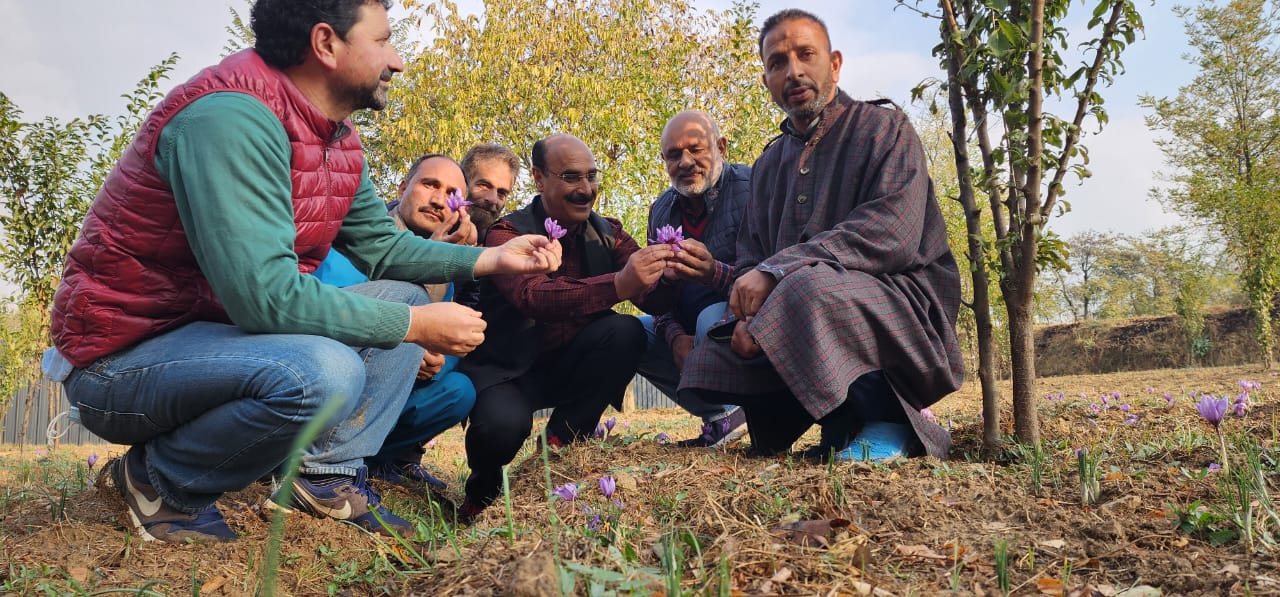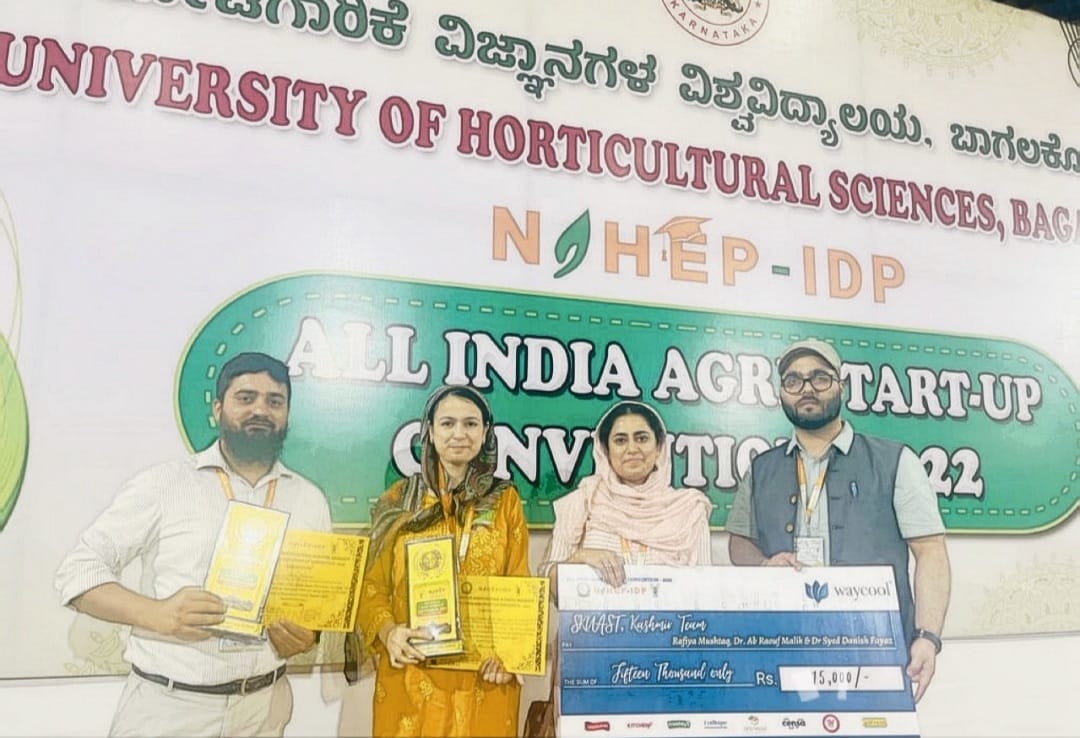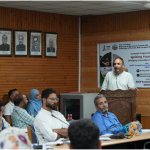Srinagar, Oct 22: With an aim to accomplish broader goals of sustainable land and river ecosystem management, enhanced ecosystem services, improved livelihoods, and biodiversity conservation, officials at Jammu and Kashmir Forest Department on Friday said that their department is working on the programme under an integrated plan with reference to ‘Forestry Interventions for Rejuvenation of the Jhelum River.
Principal Chief Conservator of Forests (HoFF), Dr. Mohit Gera exclusively speaking to Rising Kashmir stated that their department is working on the proposed plan for the Rejuvenation of the Jhelum River by integrating other plans as well.
He added that any intervention for the improvement of forests taken up by any of the forest divisions in Kashmir is contributing to protecting the catchments of the river Jhelum.
“As we have received the Detailed Project Report (DPR), we have already re-checked our Rejuvenating planning on River Jhelum and we have found that some of the areas are already covered by default, and some of the areas we are now integrating for the next year planning for the session 2023-2024. However, any intervention for improvement of forests by all forest divisions in Kashmir is contributing to protecting the catchments of the river Jhelum”, Dr. Gera said.
Gera said that under Green India Mission several measures are being taken which also emphasize on the Rejuvenation of forests in many areas and the department is integrating it’s Rejuvenation plans, following which they make the execution of a specific programme.
“Any of our plans, be it under Capex or CAMPA, but primarily under CAMPA, we take the cue and accordingly prioritize the areas for Rejuvenation, and some of the areas were taken up in 2021-2022, subsequently 2022-2023, and so on the areas will be taken up for Rejuvenation, and under our flagship programme ‘Green JK Drive,’ several initiatives are underway, and we are covering both forest and non-forest areas,” Dr. Gera added
According to the DPR copy reviewed by Rising Kashmir, the proposed river restoration programme aims to contribute to the broader objectives of Aviral Dhara (uninterrupted flow), Nirmal Dhara (clean water), and ecological regeneration of the river basin’s aquatic and terrestrial biota.
The DPR states that the broader goals of the project aim to rejuvenate river Jhelum through forestry interventions, to review and assess the existing situation of the river basin, past river management and implications and lessons learned, to identify and involve stakeholders and build consensus for design and development of strategies and approaches, to assess potential and possibilities for regeneration, improvement, and restoration of forest catchments, etc.
According to the DPR, highlighting the conservation significance of the Jhelum River, the Jhelum River Basin is home to several sensitive ecosystems viz., glaciers, snow-capped peaks, alpine meadows, high-altitude wetlands, riparian forests, etc. It has diverse flora and fauna due to its unique geographical location and climatic conditions owing to varied landforms, climatic conditions, and a wide range in the altitudinal gradient and different mountain ranges. The basin is home to diverse forests such as Subtropical, Temperate, and Sub-alpine Alpine meadows. They are host to a variety of rare, endangered, and threatened floral and faunal species. Kashmir is famous for important tree species such as Kashmir willow (Salix alba) and Chinar (Platanus orientalis).








